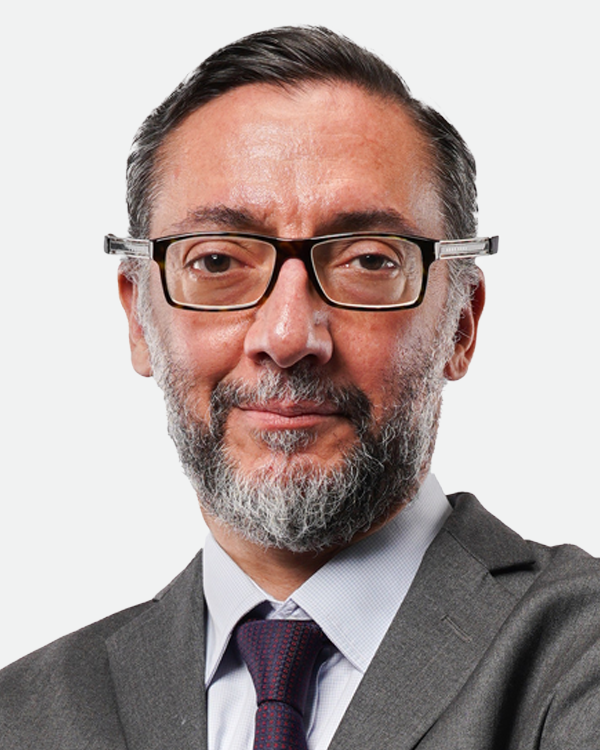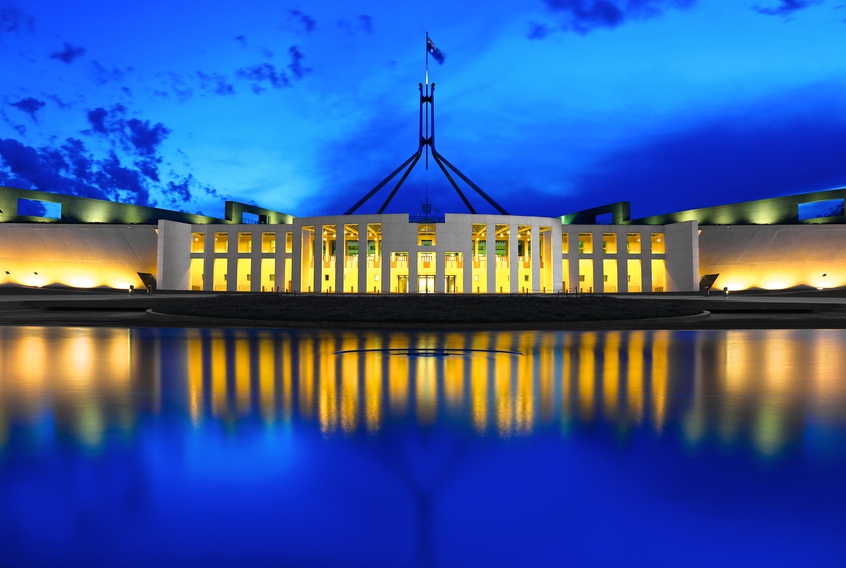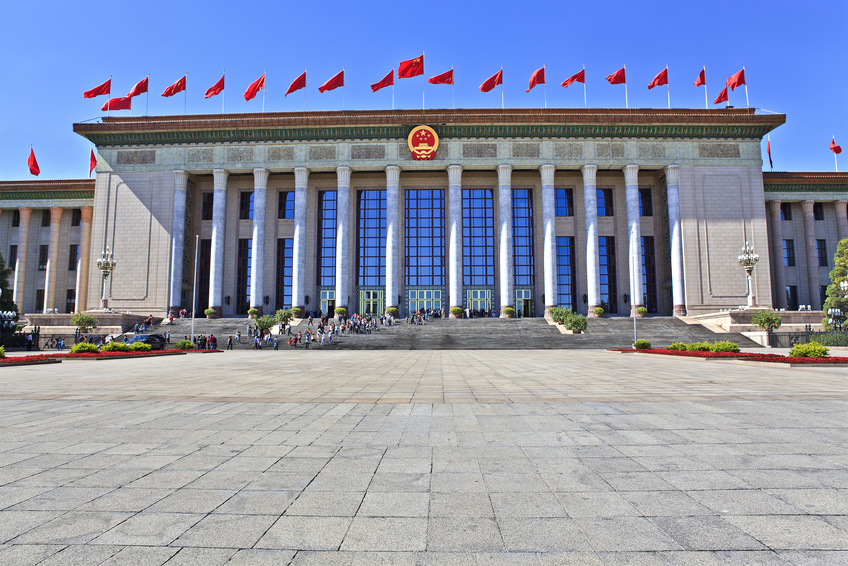The Indonesian government has announced plans to install rooftop solar panels on at least 800 public buildings across the country this year, according to news sources. This is a positive step in its efforts to reduce Indonesia’s reliance on fossil fuels. Sources suggest that in order to achieve this target, the Ministry of Energy and Mineral Resources (MEMR) has allocated just under USD 13 million to install panels on boarding schools, clinics, orphanages, government offices and police stations in some 17 provinces.

Norman is a foreign legal Consultant in the Finance & Projects practice group of HHP Law Firm. Norman's experience includes cross-border M&A, concession agreements, PSCs, project structuring, EPC contracts and gas/LNG sales agreements.
Luke Devine is a foreign legal consultant in Baker & McKenzie's Finance & Projects Practice Group. He has many years of experience acting for developers, lenders, governments and contractors involved in energy and infrastructure development and financing across a wide range of energy, natural resources and infrastructure sectors, such as power, oil and gas, mining, water and transportation. He also has significant experience in relation to climate change projects.

Nadia has more than 20 years of experience handling a wide range of finance, projects and corporate transactions, including project development and project financing, as well as acquisition, acting for international and domestic project developers, state-owned enterprises, contractors and lenders.

Fanny Kurniawan is an Associate Partner in Hadiputranto, Hadinoto & Partners, Jakarta office.
Anita Sungkono is an associate at Hadiputranto, Hadinoto & Partners which a member firm of Baker Mckenzie's Indonesia office. She is an associate in the Finance & Projects practice group. Involved in drafting agreements and providing legal advice in relation to power/electricity, construction (EPC contracts), infrastructure, public-private partnership, oil & gas and mining.

Martin David is a principal in the Finance and Projects Practice Group at Baker McKenzie Wong & Leow and heads the Projects practice in Asia Pacific and Singapore. He is a former civil engineer and has market-leading experience in relation to greenfield IPPs in Asia, particularly in the renewables sector (wind and geothermal).
Kim Hock Ang is a principal in Baker McKenzie Wong & Leow's Finance & Projects Team, where he focuses on major infrastructure project development and energy projects development (including LNG), from the inception stage where the consortium is formed and investment structure is designed, to the project documentation, financing and sale of such brownfield asset post commercial operation date. Kim Hock has acted in several award-winning projects such as the Sarulla Geothermal Power Project. It is the largest single-contract geothermal power project in the world, and it won Finance Deal of the Year (Project) at the 2015 American Lawyer Asia Legal Awards, among other accolades.
Stephen Clugston is Counsel in the Firm'’s Tokyo office. He has worked in the area of international projects and project finance, advising sponsors, borrowers, government agencies, ECAs, multilateral finance institutions and commercial lenders across a number of sectors globally, and particularly in emerging markets.



